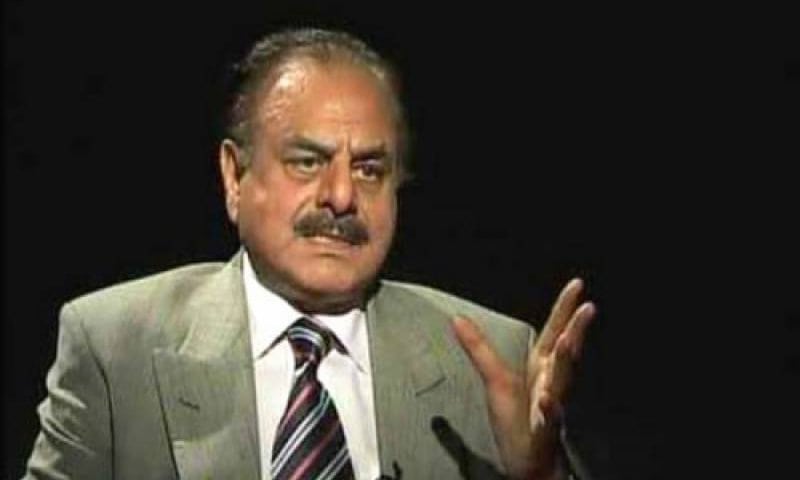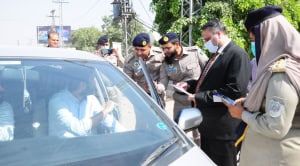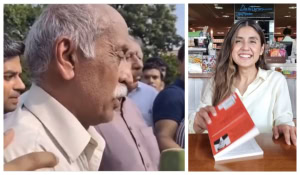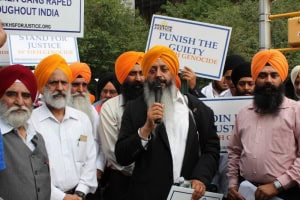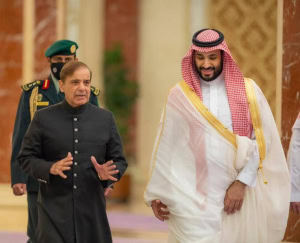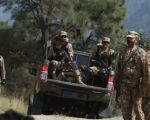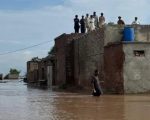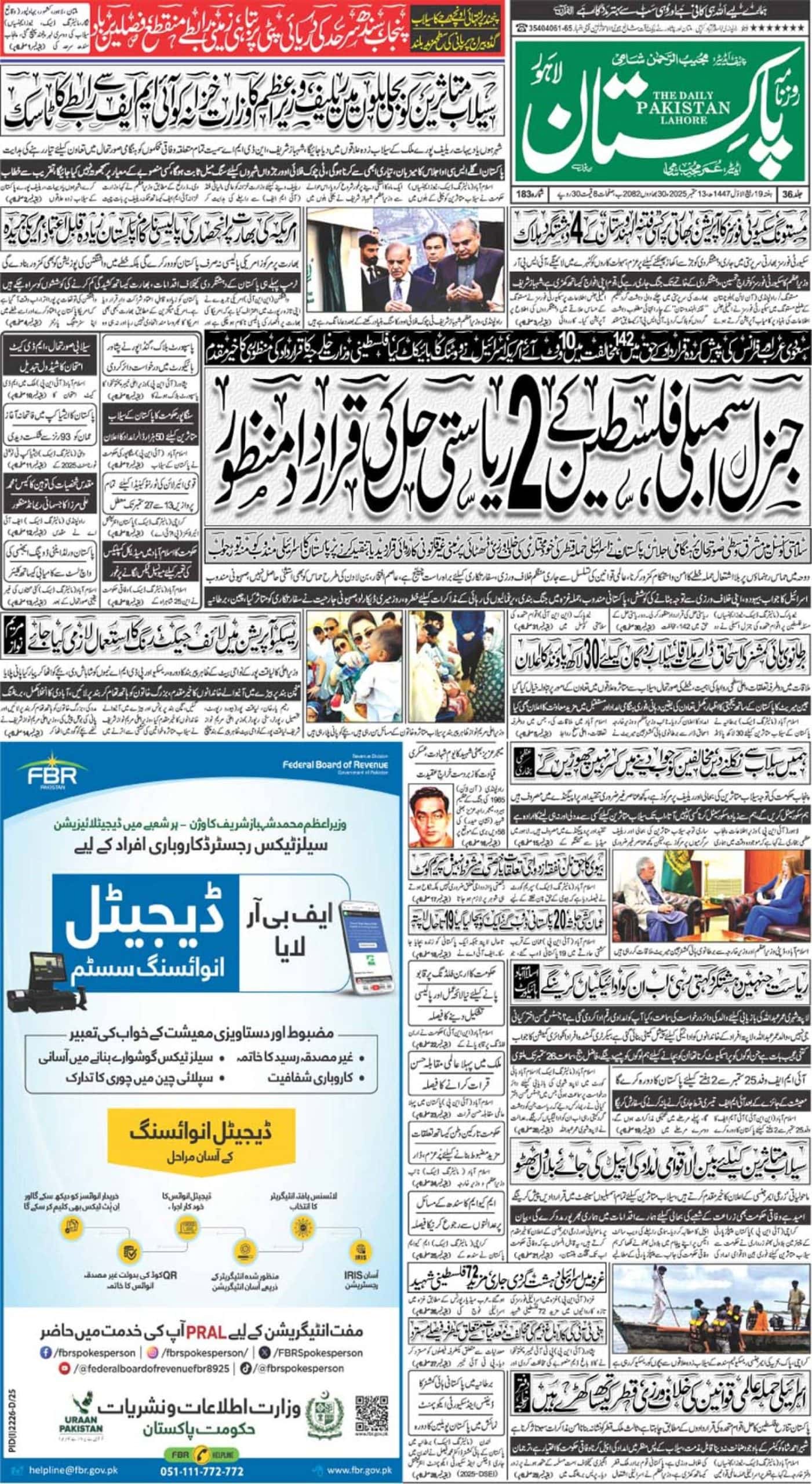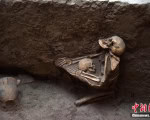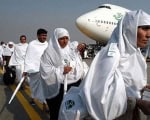RAWALPINDI (Staff Report) – Former spymaster Lt General (retd) Hamid Gul died of brain hemorrhage on Saturday night at an army-run hospital in Murree, family sources confirmed.
According to his daughter Uzma Gul, the former director general of Inter Services Intelligence (ISI) was taken to the Combined Military Hospital (CMH) in the evening after he suffered brain hemorrhage.
Despite hectic efforts by the doctors, the 78-year old could not be saved. His body will be shifted to Rawalpindi today.
Originally from Swat region of Khyber Pakhtunkhwa, Hamid Gul was born in 1936 in the Sargodha district of Punjab. He briefly got admission in Government College Lahore, before joining Pakistan army in October 1956 with the 18th PMA Long Course.
He was a squadron commander during the 1965 war with India. During 1972–1976, Gul directly served under General Muhammad Zia-ul-Haq as a battalion commander, and then as Staff Colonel with General Zia as GOC at Multan.
Gul was promoted to Brigadier in 1978 and steadily rose to be the Martial Law Administrator of Bahawalpur and then the Commander of the 1st Armoured Division, Multan in 1982.
After his appointment as DG Military Intelligence (DGMI) under General Zia who then nominated him to be the ISI chief succeeding General Akhtar Abdur Rahman in March 1987.
Later on, he was replaced as the ISI commander by PM Benazir Bhutto in May 1989 and transferred as the commander of II Corps in Multan. In this capacity, Gul conducted the Zarb-e-Momin military exercise in November-December 1989, the biggest Pakistani Armed Forces show of muscle since 1971 Indo-Pakistani War.
He was retired from the army August 1991, following the differences with General Asif Nawaz – the then army chief.
Gul had been strongly criticised for his role as head of the ISI during the Soviet war in Afghanistan. Gul was blamed for planning and executing an operation to capture Jalalabad from the Afghan army in the spring of 1989.
During his tenure as ISI chief in 1988, General Gul also gathered right-wing politicians and helped them create Islami Jamhoori Ittehad (IJI), a religio-political conservative coalition against the left-leaning liberal Pakistan Peoples Party.
Gul worked closely with the CIA during the Soviet occupation of Afghanistan when he was the ISI chief. But, he became passionately anti-American after the United States turned its back on Afghanistan following the 1989 Soviet withdrawal.
On 12 March 2007, Gul marched shoulder-to-shoulder with activists from the liberal democratic parties and retired former senior military officers against former dictator General (retd) Pervez Musharraf. Gul faced down riot police when they tried to arrest him at a rally outside the Supreme Court in Islamabad protesting against attempts to dismiss Chief Justice Iftikhar Muhammad Chaudhry.
He turned against the restored chief justice after a bench allowed Musharraf to contest the elections in uniform. He was arrested on 4 November by the military police in Islamabad during President Pervez Musharraf’s declared state of emergency, but was later released.
